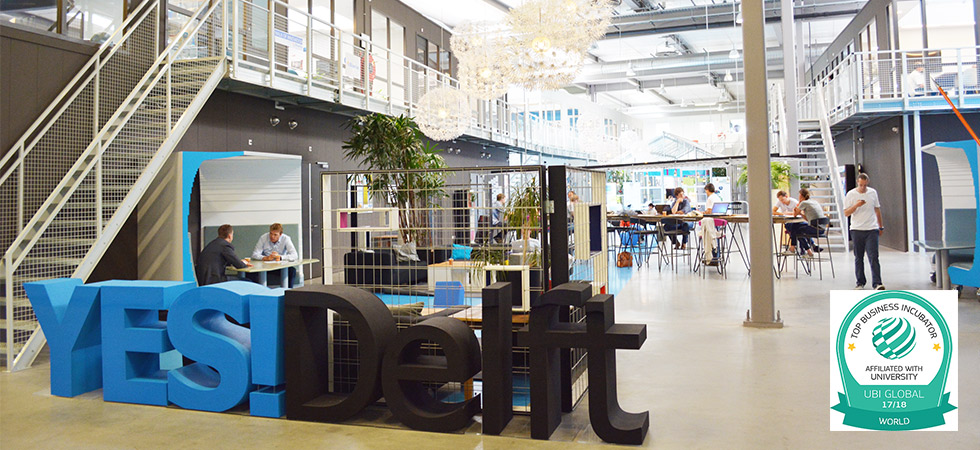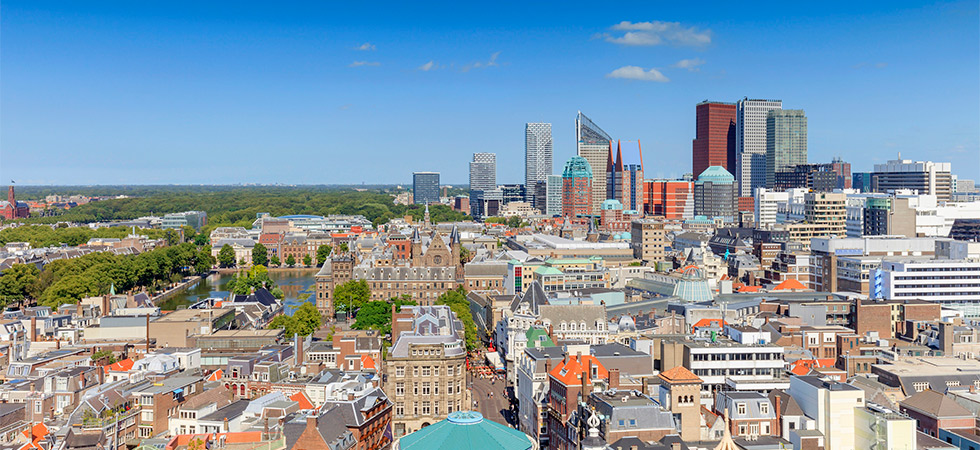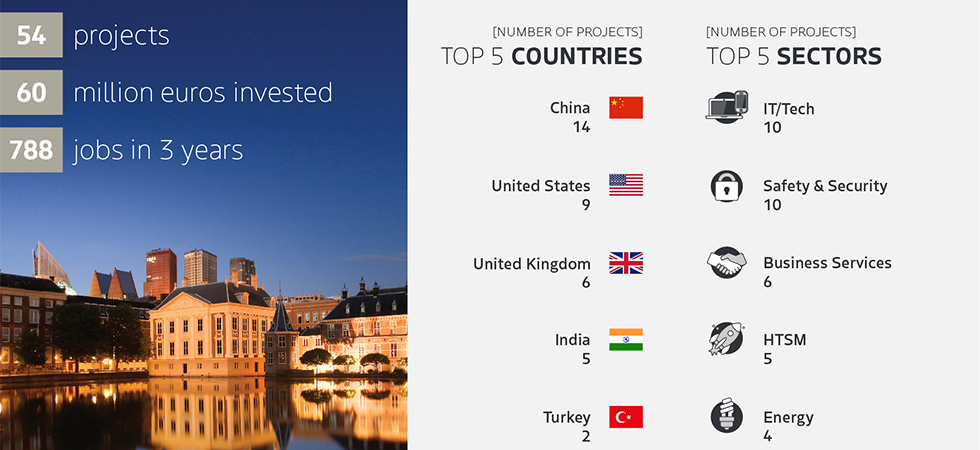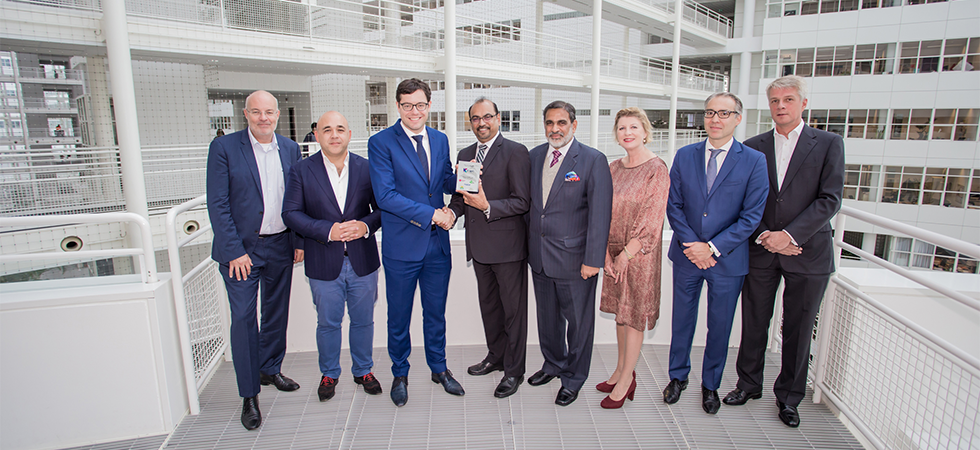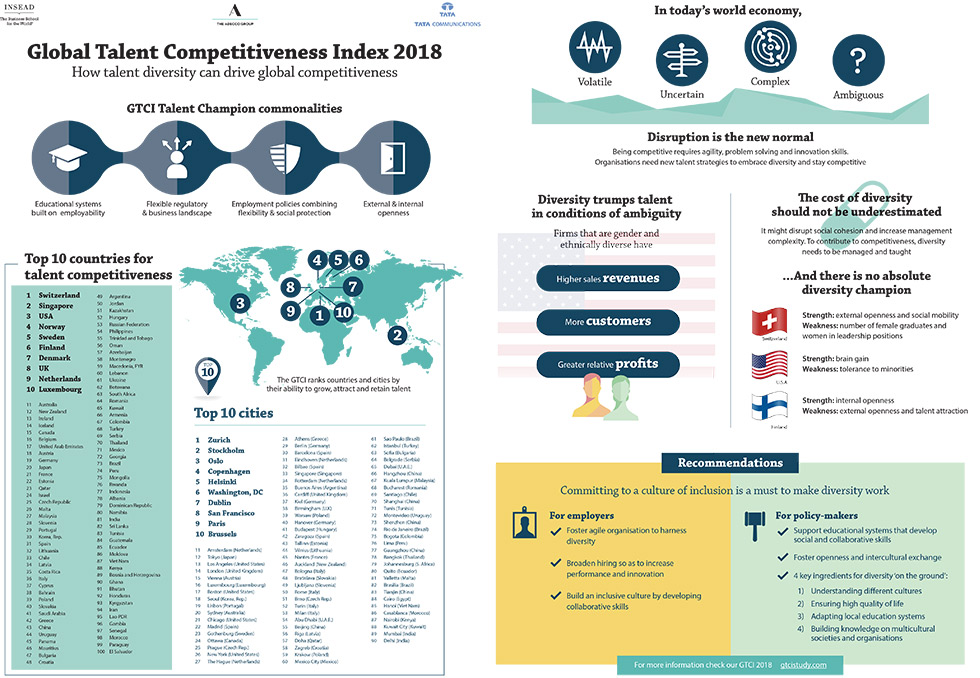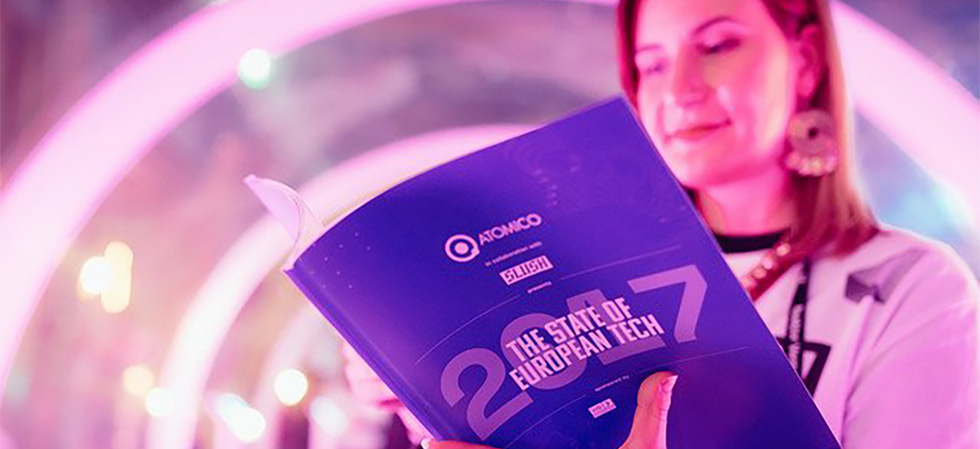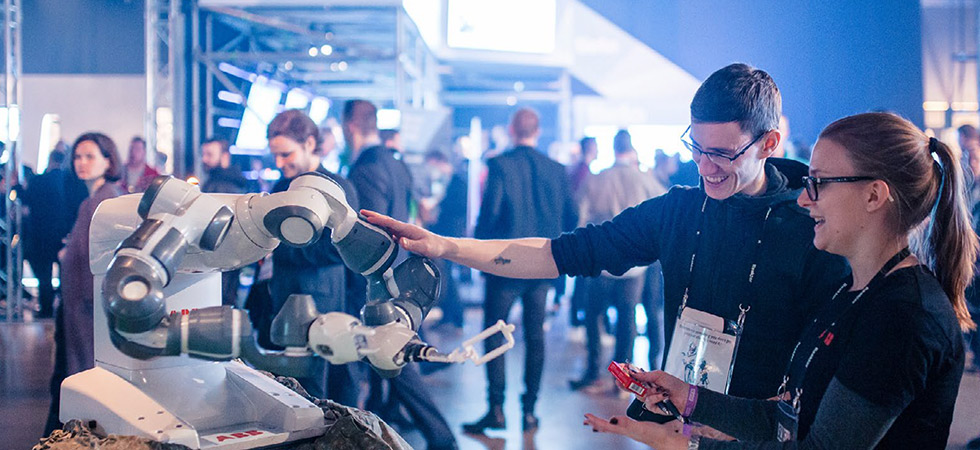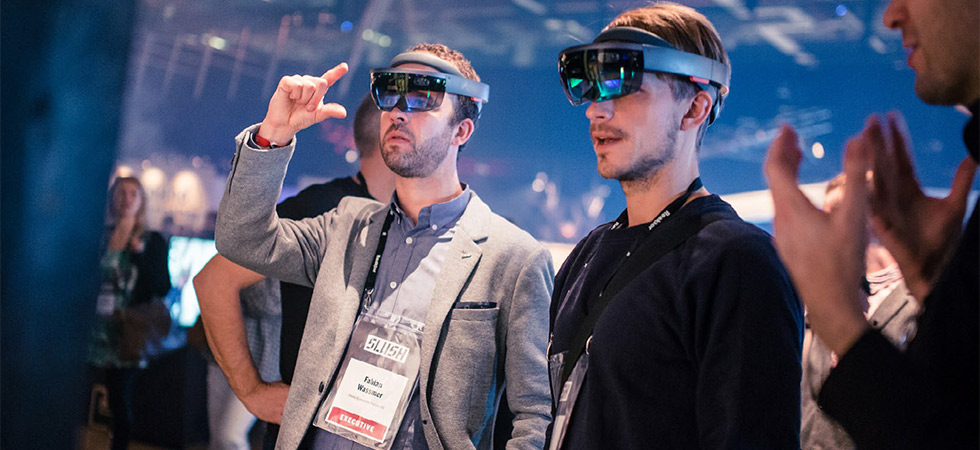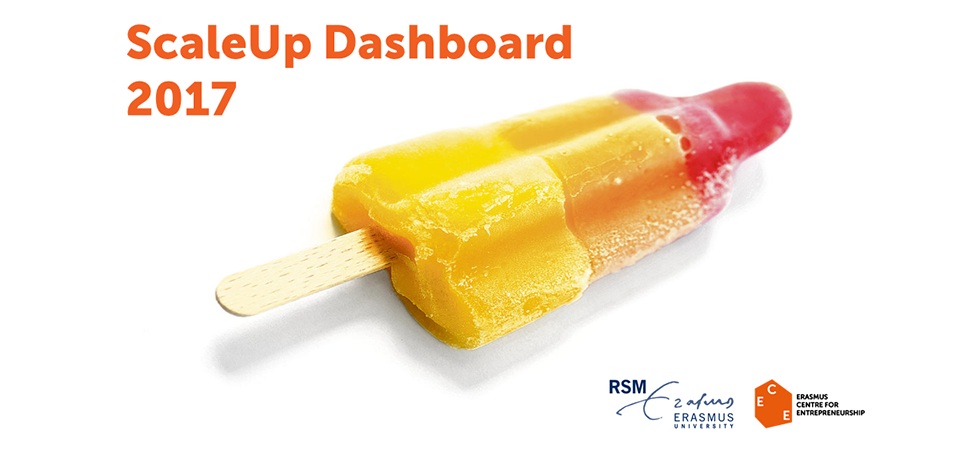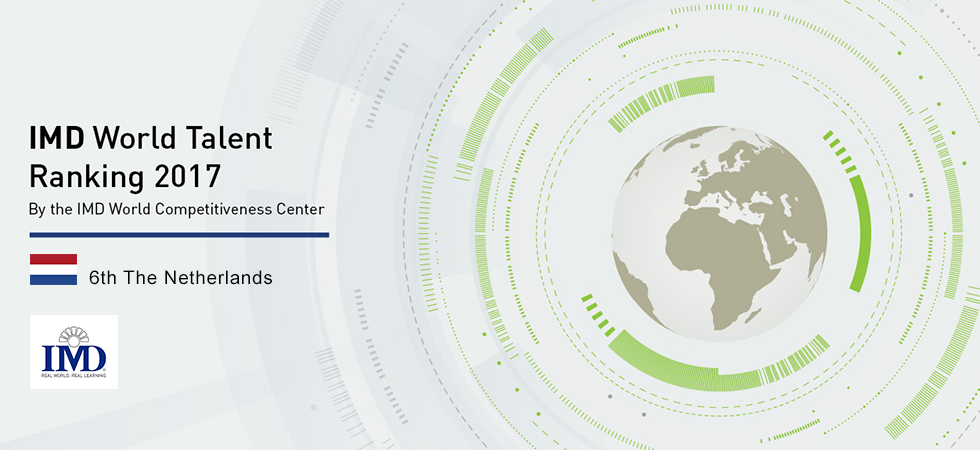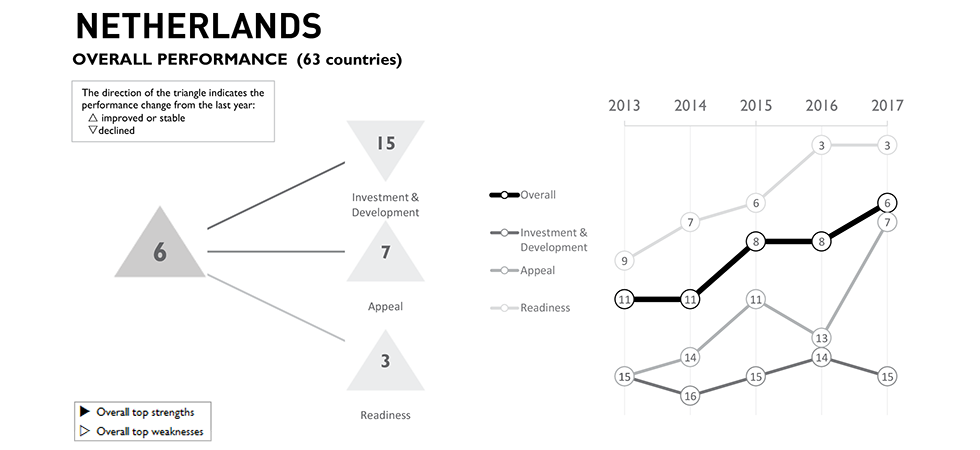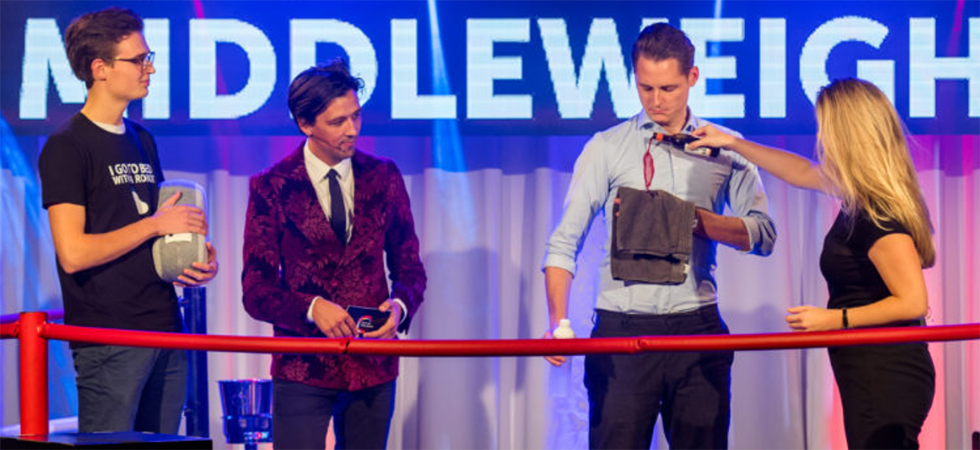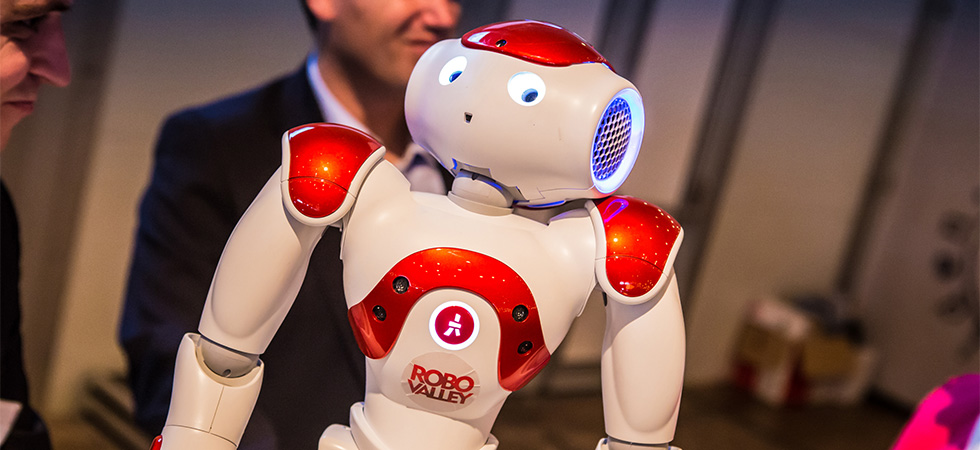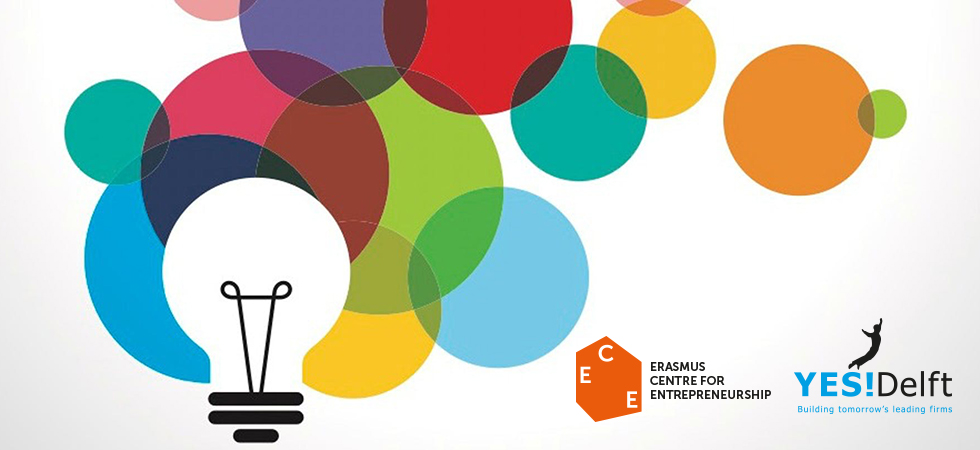
Growing in Delft
At the official opening, Managing Director Dennis Schipper spoke of a long-held wish: “We want to win the ‘war on talent’ and build a multi-disciplinary design team in Delft as well. The team should be 50 strong within four to five years.”
DEMCON’s arrival was welcomed by the Municipality of Delft, TU Delft (Delft University of Technology) and TNO (Netherlands Organisation for Applied Scientific Research). The company aims to use its new base to attract talent from West Netherlands and strengthen ties with knowledge institutes like TU Delft and TNO as well as (potential) clients in the region.
Branch close to TU Delft and TNO
This year, DEMCON has increased its staff by more than 100, bringing its total workforce to over 400, and has raised turnover by 40%. Schipper believes that the company’s success is embedded in its DNA, as indicated by a recent employee survey. “Our employees have a passion for difficult jobs and don’t accept half-solutions. They are entrepreneurial and able to deliver, and they act like a partner to the customer. They don’t disappear when things get tough,” said Schipper.
DEMCON already works with Delft-based clients such as TNO and Mapper Lithography. By having its own branch in the city, however, the company is now in a better position to put its resources to work and reach out to a wider audience within the region. Factor in the technological talent turned out by TU Delft and the universities of applied sciences, and it’s easy to see why DEMCON has such a keen interest in Delft. And that interest is mutual. “Delft has welcomed us with open arms, especially Delft Technology Partners,” explained Schipper.
Perfect match
Delft Technology Partners, an initiative of TU Delft and the Municipality of Delft, helps new knowledge-intensive businesses to settle and become established in the city. Deputy Mayor Ferrie Förster (economic affairs) outlined the perfect match between DEMCON and Delft at the official opening of the branch by saying, “There’s an abundance of talent at TU Delft and the universities of applied sciences: Inholland and The Haagse Hogeschool. We not only have top incubators in the form of YES!Delft and RoboValley, but there are also R&D institutes like the Dutch Optics Centre. We are delighted that DEMCON is going to contribute to the Delft ecosystem.”
Deputy Mayor Förster, Professor Karel Luyben, rector magnificus of TU Delft, and Rinke Zonneveld, director of regional development agency InnovationQuarter, presented Dennis Schipper with a plaque commemorating DEMCON’s arrival in Delft.
“It’s fantastic news that a renowned Dutch high-tech company like DEMCON has chosen our region for further expansion. The sectors with a strong presence in the province of Zuid-Holland, such as oil and gas, shipbuilding and aerospace, offer new and interesting markets for DEMCON,” said Zonneveld. “In addition, with the office in YES!Delft Labs, the company is assured of sufficient access to technical talent from various quarters, including TU Delft. We shall ensure that DEMCON also connects with relevant parties and networks, not least Holland Instrumentation, Medical Delta and RoboValley, to help realise its ambitions for growth.”

Mechatronic design challenges
DEMCON has grown from a mechatronic design agency into a high-end technology supplier of mechatronic products and systems and is an excellent match with TU Delft. Professor of Structural Optimization and Mechanics Frederik van Keulen brought some depth to the opening ceremony with a story about TU Delft’s mechatronic design research challenges. It became clear that combining complex design tasks with an eye for manufacturability fits well with the work of DEMCON, which, in the words of its MD Dennis Schipper, has developed into a leading design house with extensive production facilities. And the match can only get stronger now that the Department of Precision and Microsystems Engineering, which Professor Van Keulen’s team forms part of, is gaining a new chair in Micro-Optics and Optomechatronics Systems.
Optomechatronics with TNO
Optomechatronic systems is also the name of DEMCON’s newest business unit, headed by Gerard van den Eijkel. Focusing on the design, realisation and integration of high-quality optomechatronic modules and systems, the unit works closely with TNO and TU Delft in the Dutch Optics Centre as well as other places. Arnold Stokking is director of TNO Industry and, along with Van den Eijkel, is very enthusiastic about the collaboration, which has resulted in the founding of DUI (Dutch United Instruments). DUI’s first product will be Nanomefos, the advanced measuring instrument that TNO has developed for freeform optical surfaces.
“TNO believed 10 years ago that if you could make freeform optics, you should also be able to measure them,” explained Van den Eijkel. “We are currently developing our advanced measuring instrument with DUI and marketing it in China to start with.”
“I’m enormously proud of the knowledge we have built at TNO as well as the instruments we’ve made,” said Stokking. “For example, there is Tropomi, the climate research instrument that recently went into orbit on a satellite. But knowledge needs to flow and TNO wants to help SMEs. That’s why I’m so happy with DEMCON, an entrepreneurial company that has a hunger for knowledge and which is helping us realise the value of what we come up with. I’d like to invite other companies to seek collaboration with TNO and the entire Delft ecosystem in the same way DEMCON has.”

Microcoolers
To illustrate DEMCON’s entrepreneurship, Pieter-Paul Lerou closed by sharing his adventures in cryogenic technology. Lerou, who is currently business developer at DEMCON kryoz, began Kryoz Technologies in 2008. His company developed microcoolers for use in medical, aerospace and semicon applications. In addition to being extremely compact, these microcoolers are completely vibration-free, which is an essential requirement for the operation of highly accurate instruments that need to be cooled. Last year, Kryoz became part of DEMCON to help boost the company’s strengths, market its technology more widely and contribute to multidisciplinary DEMCON projects.
About DEMCON
DEMCON employs over 400 people and is a high-end technology supplier of mechatronic products and systems. It is focused on high-tech systems, medical systems, industrial systems and vision, optomechatronic systems and embedded systems. With its head office in Enschede, the company has branches in Son, Delft, Groningen, Oldenzaal and Münster (Germany).










